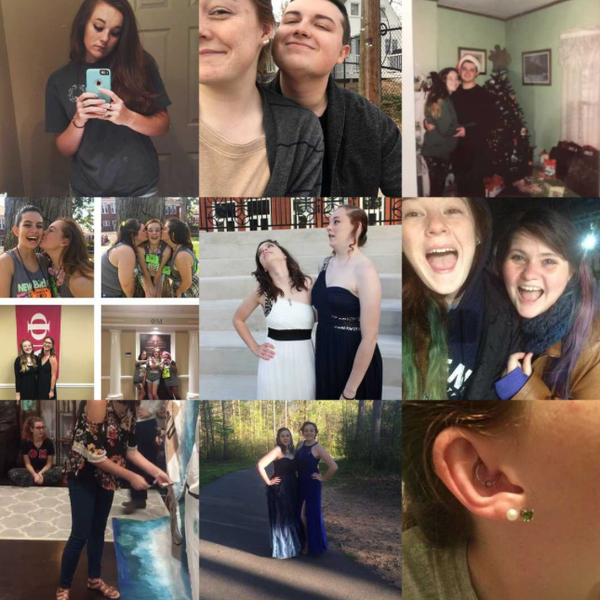As of January 1st, physician assistants (PAs) have been given the opportunity to be designated, hospice-attending physicians. PAs can now place orders for care and equipment, as well as bill patients for their services. This trivial change for PAs does not come without unfair restrictions and still greatly limits the knowledge and care PA's can have for their patients in both hospice and palliative care.
Without the proper training in palliative or hospice care, PAs will never reach their full potential and be able to adequately care for their patients.
As of 2010, the Accreditation Standards for Physician Assistant Education included that one must go through how-to training in the delivery of medical care throughout the entire life of an individual, including pre-birth and death. This comes with the understanding that PAs should be able to provide palliative care and be able to recognize patients who would benefit from palliative and or hospice care. The Journal of Allied Health did a study in 2016, which evaluated newly graduated PA students' knowledge of palliative care. This study was conducted after finding out that 85 percent of PAs in a hospital wished that they were better prepared to care for patients where palliative care was necessary. This proved to be true after assessment. The results proved that PAs did not have enough training in hospice and palliative care, which is in accordance with over 95 percent of them saying they received "none or too little lectures in palliative medicine." About 90 percent of these PAs also said that they did not have a dedicated hospice or palliative medicine rotation of one week or longer.
This lack of education and training proves to be a very large issue for PAs.
According to the Journal of the American Academy of Physician Assistants, currently, 16 percent of all PAs are practicing in clinical settings that are not hospice settings, which require palliative based care. These settings include critical care, oncology, trauma, pain management, and more. PAs are expected to know how to care for these special patients without proper training. They are put into situations that require specialized care for people with chronic or terminal illnesses. PAs are required to not only relieve symptoms for these patients, but provide support, create goals, and improve the quality life of the patients and their families. How is this possible when 90 percent of PAs have not received even a week's worth of experience in this setting?
In 2018, congress passed the Medicare Patient Access to Hospice Act. This act allowed PAs in centers for medicare and Medicaid to follow, place orders for equipment, and be reimbursed in a hospice setting as of January 1, 2019. Although this act was passed, it still failed to give PAs the resources and means to properly care for those on hospice. Under Section 1861(r)(1) of COP 418.106(b.), this act does not allow PAs to prescribe medication or certify someone as terminally ill. With this being said, PAs are not allowed to be a part of one-on-one face-to-face visits with patients in order to recertify their hospice care.
The claim for these discrepancies in the acts falls under the lack of training PAs receive in this area.
As of 2017, the National Commission of Certification of Physician Assistants reported that only 0.1 percent of all PAs worked in a palliative care or hospice-based position. Congress is currently trying to pass H.R.647, which would amend the Public Health Service Act to increase the number of faculty and the funds present in medical schools, nursing schools, social work schools, and PA programs. Without these funds and changes, PAs will forever fail to properly care for their patients.



















